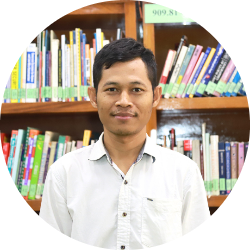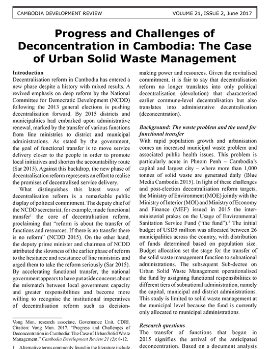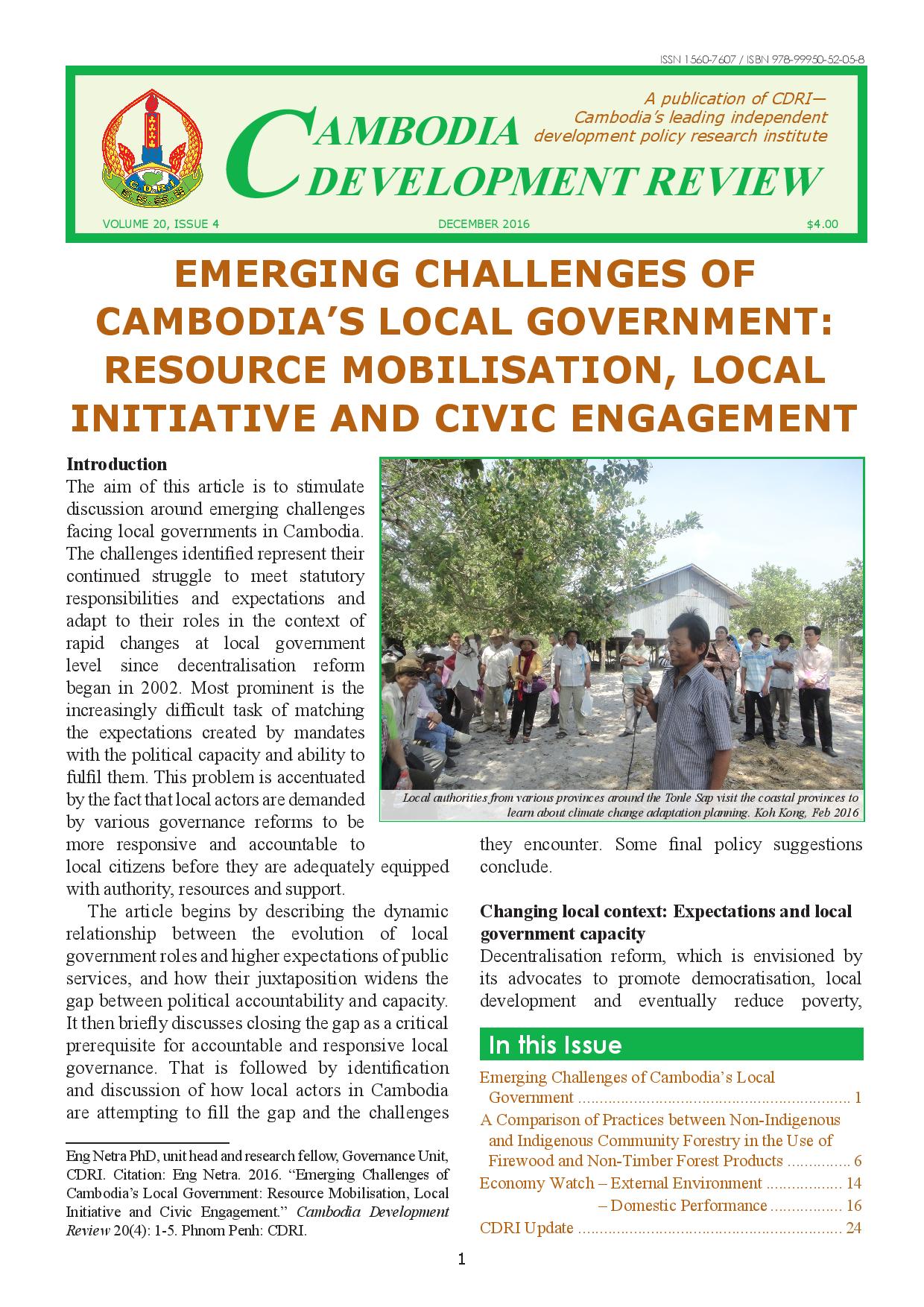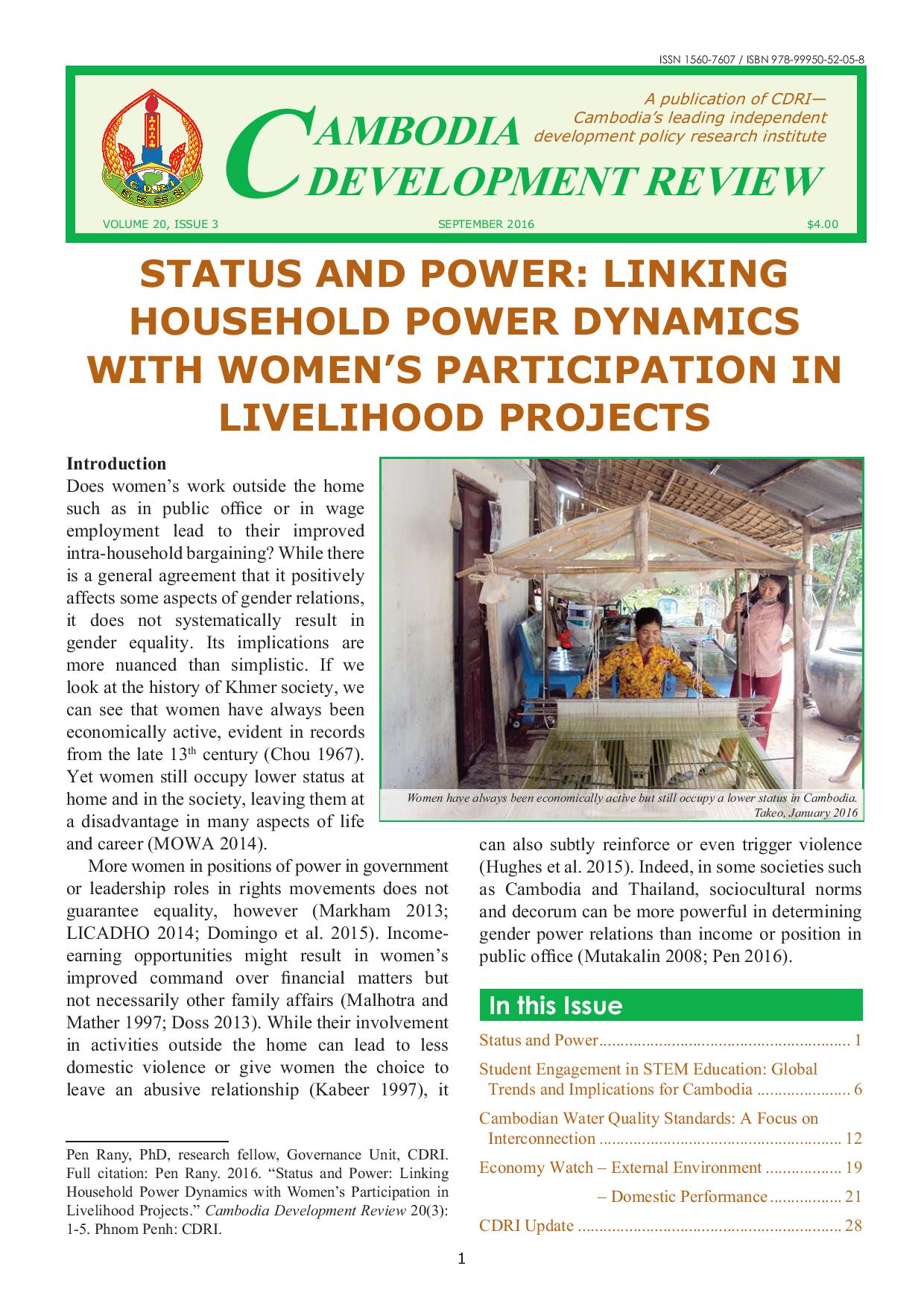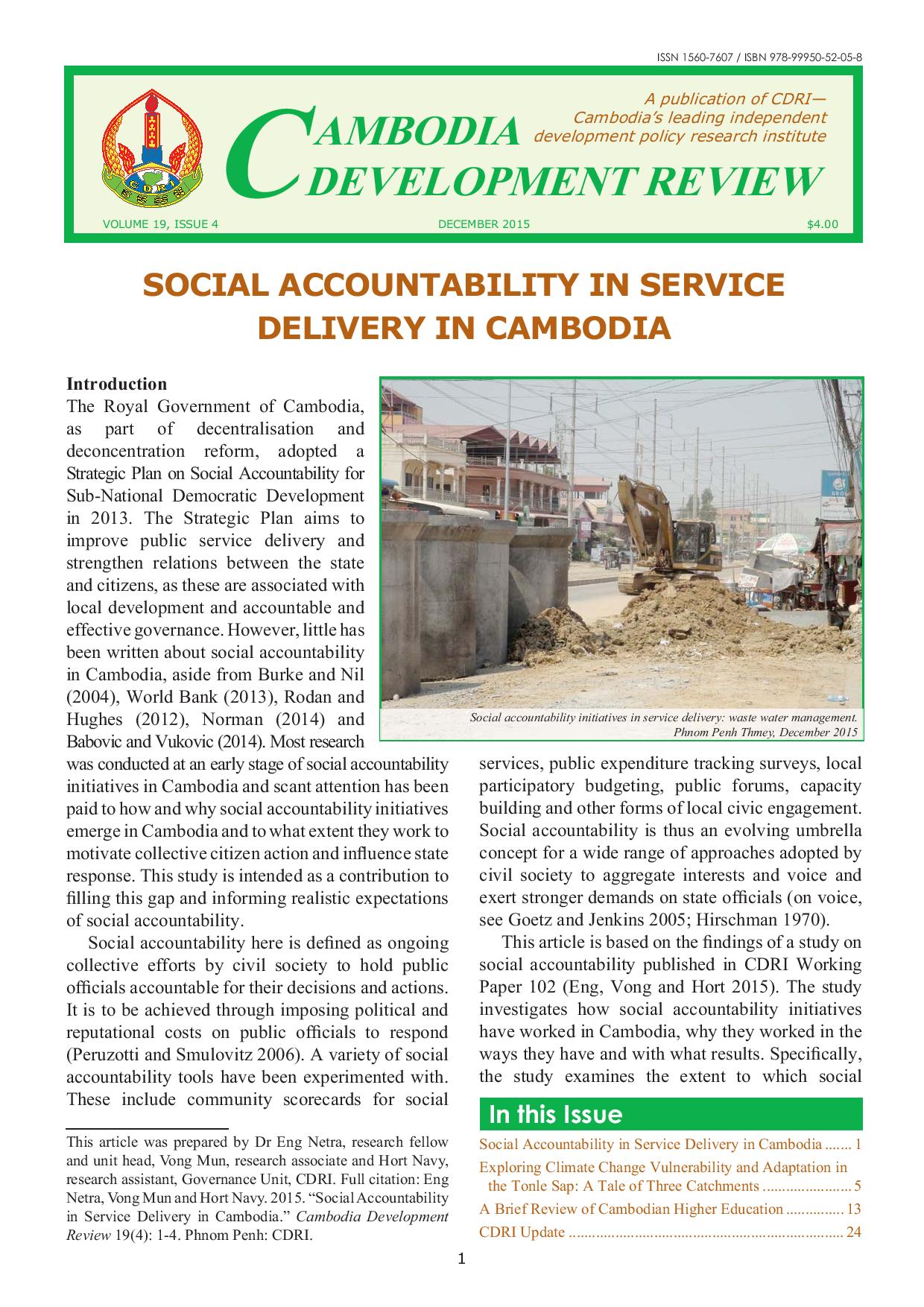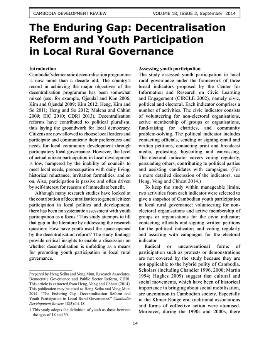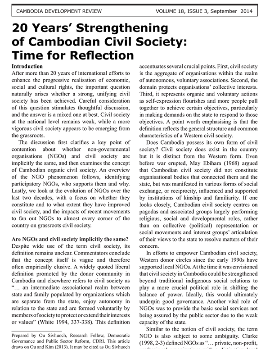Centre for Governance and Inclusive Society
The Centre for Governance and Inclusive Society (CGIS) examines emerging policy questions confronting policymakers with evidence and knowledge to build inclusive society and responsive governance in a rapidly changing context. The centre analyses current and contemporary policy processes and challenges related to civic engagement, local governance, decentralization, youth, leadership and new technologies. Our research also incorporates cross-cutting topics on climate change, technology and gender. In terms of gender, we focus on: (i) the participation of women in institutions as decision-makers and public officials at the national and sub-national levels; (ii) the engagement of women as citizens with the government and its institutions and mediators; (iii) the capacity of the state to promote gender equality, and to mainstream gender within institutions, including through policy, programmes and budget arrangements; and (iv) the impact of the political and technological development on gender relations more broadly, including whether state responses enable or constrain gender equality.The research draws critically from the literature to formulate theoretically informed, policy-relevant research questions that would uncover, interrogate and explain Khmer conceptions and perspectives of key governance and emerging trends, thereby laying the groundwork for an indigenous Cambodian social science. In the current Research Strategy 2016-2021, the CGIS’s main research titles Ponlork: The Emergence of a New Era for Cambodia. Ponlork focuses on the impact of demographic change on politics and society in Cambodia.
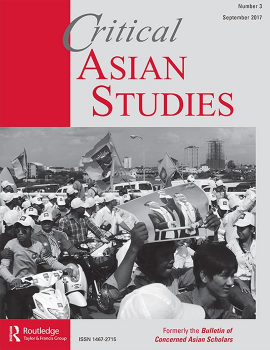
Coming of Age in Peace, Prosperity, and Connectivity: Cambodia’s Young Electorate and Its Impact on the Ruling Party’s Political Strategies
Cambodia’s youthful population is significantly responsible for a recent unexpected decline in the popularity of the Cambodian People’s Party, which has governed since the end of the Khmer Rouge regime. This increasingly young electorate has lived through an era of peace and openness with regular multi-party elections and impressive economic growth resulting in rapid structural change in the econo...
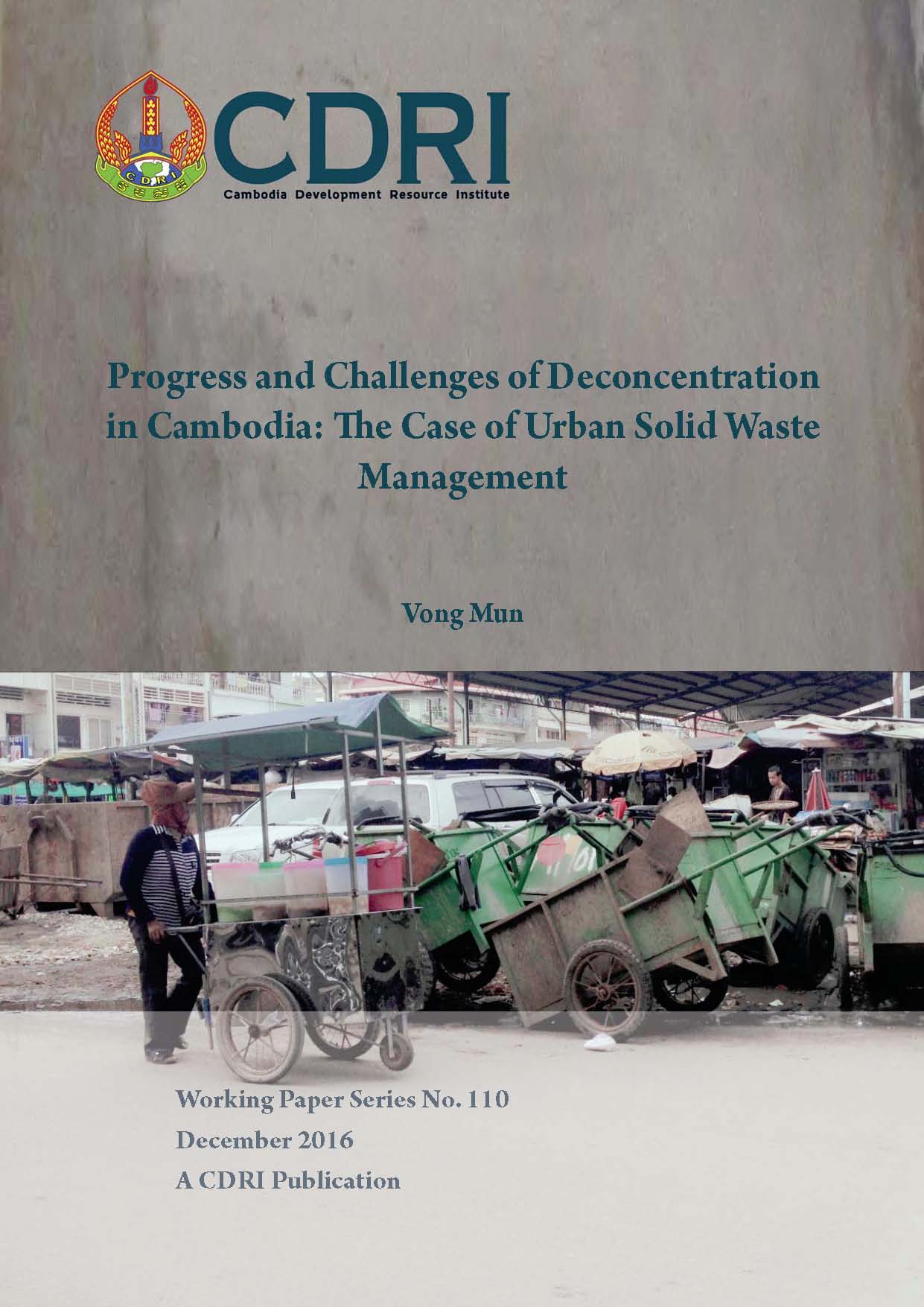
Progress and Challenges of Deconcentration in Cambodia: The Case of Urban Solid Waste Management
Rapid population expansion and urbanisation resultant of economic growth have greatly increased waste generation and associated public health issues. In light of these challenges, the Ministry of Environment jointly with the Ministry of Interior and Ministry of Economy and Finance issued in 2015 the inter-ministerial prakas on the Usage of Environmental Sanitation Service Fund with an initial...
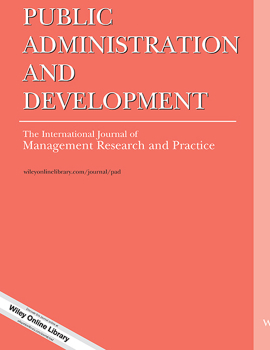
Decentralization in Cambodia: New Wine in Old Bottles
The usual arguments for decentralization by its advocates are that it can achieve accountability, transparency, participation and democracy. In reaching these goals, however, proponents of decentralization reform have articulated concerns about whether government officials have sufficient capacity to implement decentralization policies, particularly at local level. This article asserts that in Cam...
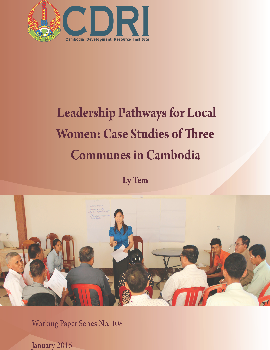
Leadership Pathways for Local Women: Case Studies of Three Communes in Cambodia
Women’s leadership is necessary for Cambodia’s sustained development. Their involvement in leadership roles in the public sphere and politics is crucial and has been shown to impact positively on poverty reduction. Governments, NGOs and international organisations have been increasingly aware that sustainable development is significantly linked to gender equality and women’s empowerment, key fact...


